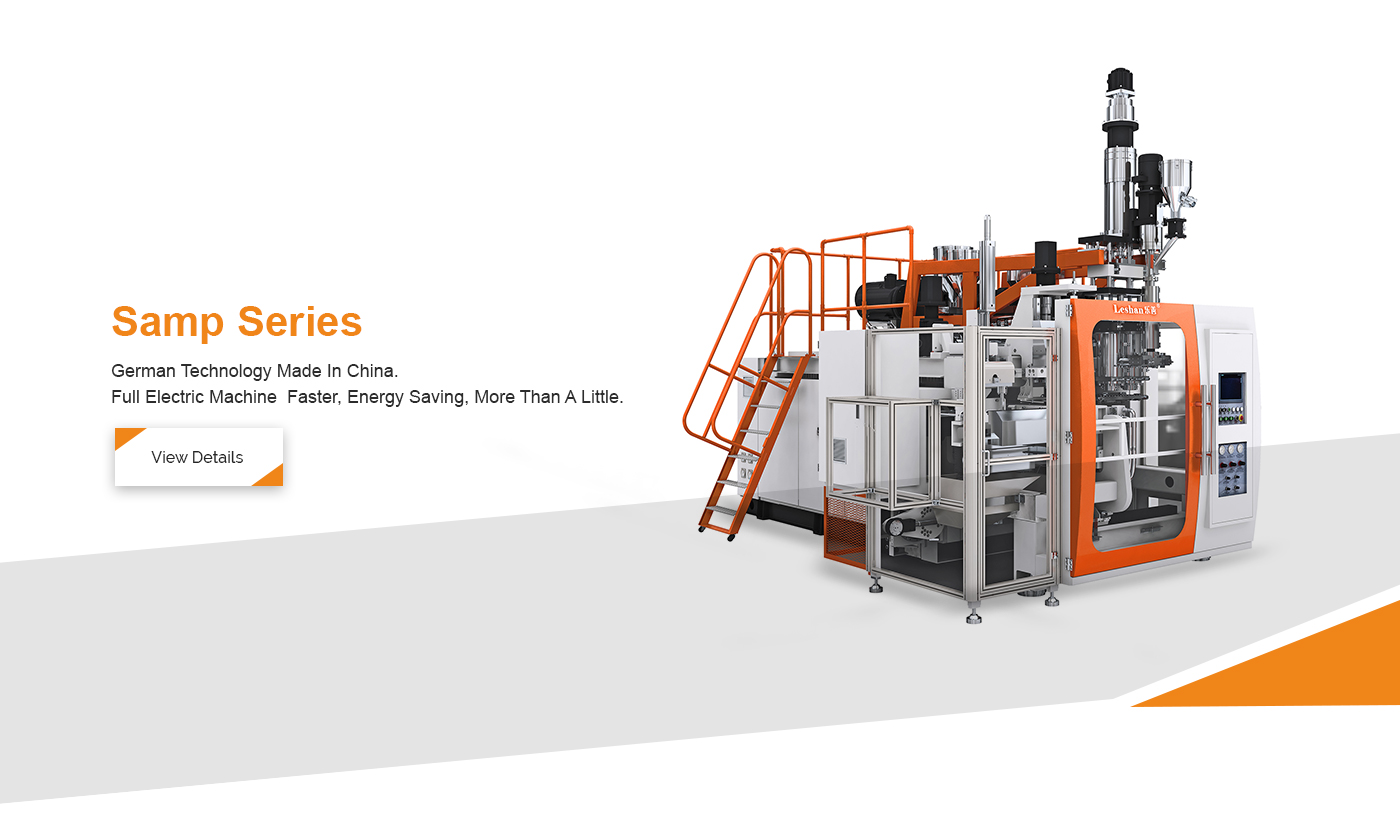
Is a Full Electric Blow Molding Machine Necessary for Large-Scale Production
Is a Full Electric Blow Molding Machine Necessary for Large-Scale Production
In the rapidly evolving landscape of manufacturing, the choice of machinery can significantly impact productivity, efficiency, and sustainability. As industries increasingly seek to optimize operations, the question arises: Is a full electric blow molding machine essential for large-scale production? This article delves into this question, with a focus on Leshan, a leading blow molding machine manufacturer, to explore the advantages, challenges, and considerations of adopting full electric blow molding technology.
Understanding Blow Molding Technology
Blow molding is a manufacturing process used to produce hollow plastic parts, such as bottles and containers. The process involves inflating a heated plastic tube, known as a parison, into a mold cavity. This method is highly efficient for producing uniform and high-quality products, making it indispensable in industries like packaging, automotive, and consumer goods.
Traditionally, blow molding machines have been powered by hydraulic systems. However, with advancements in technology, electric blow molding machines have emerged as a viable alternative, offering numerous benefits over their hydraulic counterparts.
The Rise of Full Electric Blow Molding Machines
Electric blow molding machines are equipped with servo motors and electronic controls, which replace the hydraulic systems in traditional machines. This shift towards electrification in blow molding machinery is driven by the need for precision, energy efficiency, and reduced environmental impact.

Leshan, as a pioneering company in the blow molding industry, has been at the forefront of developing and manufacturing full electric blow molding machines. Their commitment to innovation and sustainability has positioned them as a leader in this technological transition.
Advantages of Full Electric Blow Molding Machines
1. Energy Efficiency: One of the most significant advantages of full electric blow molding machines is their energy efficiency. These machines consume significantly less energy compared to hydraulic systems, leading to substantial cost savings in the long run.
2. Precision and Consistency: Electric machines offer superior precision and consistency in the molding process. The use of servo motors allows for precise control over movement and pressure, resulting in high-quality products with minimal defects.
3. Reduced Maintenance: With fewer moving parts and the absence of hydraulic fluids, electric machines require less maintenance. This translates to lower downtime and reduced operational costs.
4. Environmental Benefits: Full electric machines produce less noise and are more environmentally friendly due to the elimination of hydraulic fluids, which can be hazardous and require careful disposal.
5. Improved Workplace Safety: The absence of high-pressure hydraulic systems reduces the risk of leaks and accidents, enhancing workplace safety.
Challenges of Implementing Full Electric Blow Molding Machines
While the benefits are clear, transitioning to full electric blow molding machines is not without its challenges. Manufacturers like Leshan must consider several factors before making the switch.
1. Initial Investment: The upfront cost of electric machines can be higher than traditional hydraulic machines. However, the long-term savings in energy and maintenance can offset this initial investment.
2. Technical Expertise: Operating and maintaining electric blow molding machines requires specialized technical expertise. Manufacturers may need to invest in training and development for their workforce.
3. Compatibility and Integration: Integrating electric machines into existing production lines may require modifications and adjustments, which can be time-consuming and costly.
Leshan's Approach to Full Electric Blow Molding
Leshan has recognized the growing demand for electric blow molding machines and has invested heavily in research and development to create state-of-the-art solutions. Their machines are designed to meet the diverse needs of large-scale production while ensuring energy efficiency and sustainability.
By leveraging cutting-edge technology and a customer-centric approach, Leshan has successfully developed a range of electric blow molding machines that cater to various industries. Their commitment to quality and innovation has earned them a reputation as a trusted partner for manufacturers worldwide.
Case Studies: Success Stories with Leshan's Electric Machines
Several companies have successfully transitioned to electric blow molding machines from Leshan, reaping the benefits of enhanced productivity and reduced environmental impact. These success stories highlight the potential of electric technology in transforming manufacturing operations.
One notable example is a leading beverage company that adopted Leshan's electric machines to improve the efficiency of their bottle production line. The switch resulted in a 30% reduction in energy consumption and a significant decrease in production costs.
Another case involves a packaging company that experienced improved product quality and consistency after integrating Leshan's electric machines into their operations. The precision and control offered by the machines enabled the company to meet stringent quality standards and expand their market reach.
Conclusion: Is a Full Electric Blow Molding Machine Necessary?
For large-scale production, the decision to adopt full electric blow molding machines depends on various factors, including cost, operational requirements, and sustainability goals. While the initial investment may be higher, the long-term benefits in terms of energy savings, precision, and environmental impact make electric machines an attractive option for forward-thinking manufacturers.
Leshan, with its innovative solutions and commitment to excellence, provides a compelling case for the adoption of electric blow molding technology. By embracing this technology, manufacturers can enhance their competitiveness, reduce their carbon footprint, and position themselves for future growth.
Ultimately, the choice of machinery should align with the specific needs and objectives of the business. For companies looking to stay ahead in a competitive market, full electric blow molding machines offer a pathway to greater efficiency, sustainability, and success.
